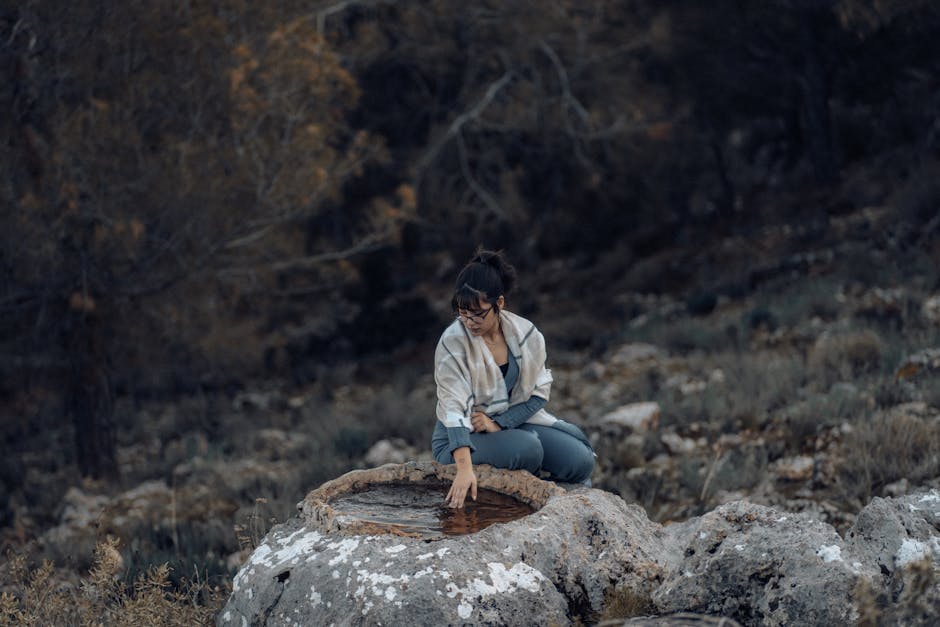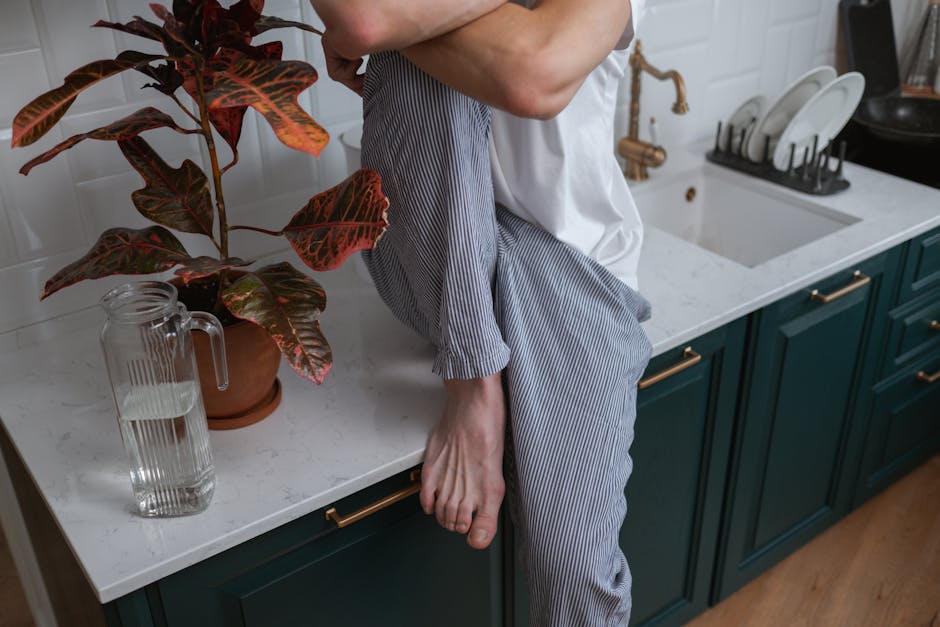The best way to enjoy hot water is by using it! Unfortunately, with our constantly growing population comes more use of hot water. This is especially true in industrialized nations where there are constant air conditioning demands.
Fortunately for you, we have some tips here about how to make the most out of your hottest bath or shower!
This article will go into detail on ways to maximize the effectiveness of your hot baths or showers by studying different theories on health and wellness. We will also discuss what products can be used during your next soak to help feel better while using hot liquids!
I would like to add that this article does not intend to promote any types of bathing as more effective than others. Only recommendations given in parts of this article may be factually accurate!
We all enjoy taking baths or showers differently, so do whatever makes you feel relaxed and happy.
Why is hot water important?

The next thing you will want to do if your skin gets red or blistering from the shower is use very warm, not hot, water. This is because when your body comes in contact with hot liquid, it usually dries out and sticks to that liquid, kind of like what happens when you wash yourself with cold water!
This process doesn’t occur as quickly, but your skin can still stick here so don’t worry about that. Just make sure any wet areas are properly dried off!
On average people take around 6 minutes to get out of the bath or shower, which is enough time for this to happen.
Do you need a hot water heater?

The average person uses about half a gallon of water per day, which is why it is important to know if your current model of water heater is working well. If it is old or not functioning properly, it is time to consider buying new.
Water heaters can be expensive, so as always, make sure you do some research first!
You should look into whether or not a newer model is better than an older one for the environment and for your wallet. Some things that may matter are how many gallons of cold water the machine produces each hour, how quickly the water comes to a boil, and how much energy the unit consumes when it is running.
It’s also important to check out whether the manufacturer has any recalls related to safety or performance of the product.
How do you check your water temperature?
The best way to test if your hot shower or bathwater is beyond the limit of safety is by testing the handle of the faucet. If it’s white with gray marks, then the handle has been replaced and the water isn’t reaching the end where the handle meets the rest of the spout.
That could be because there’s a gap at that point, or the pipe doesn’t connect all the way through. In either case, you should have someone help you turn off the water so you can replace the pipes. Then, depending on what kind of plumbing you have, you may need to get new ones!
You don’t want to try replacing the pipes yourself unless you have experience doing so. Only use certified professionals for this sort of work, as they know what materials to use and how to fix any issues that come up.
Is the water too hot?

Another myth about showering is that if the water is not warm enough, you can suffer serious health effects. This theory was popularized in an article published by The New York Times back in 2007!
The author of this article claimed that when your body comes into contact with cold water, it will try to conserve as much heat energy as possible until it finds something warmer to use.
This process takes quite some time, which is why people who believe this claim say they become more dry and wrinkled than before after taking a shower.
However, there are only two reasons why this would happen – either because the water is colder than our normal temperature or the person has a condition called glucose-intolerant hypoalbuminemia (GIHA).
What are GIHA and albumin?
Under normal conditions, albumin acts like glue, helping keep other blood components such as sodium and potassium away from tissue. When someone with GIHA lacks adequate levels of albumin, these fluid elements get closer to tissues which could cause problems.
Tissue does not like having extra amounts of salt so it starts to draw moisture out of the area to eliminate it. Since individuals with GIHA cannot produce enough albumin, this trick doesn’t work and their skin becomes very dry.
Something similar happens when drinking liquids is difficult for the individual due to lack of thirst.
Is the water too cold?

Another cause of hot showers is having an empty glass bottle that was left sitting for hours, which then refills with warm liquid as steam. This creates excess heat in your shower due to the glass acting as a conductor or transporter of warmth.
This can be done with any empty beverage container- even if it’s never been used before! Make sure to always check your bottles for cracks or anything that could leak fluid otherwise.
Stainless steel ones are the best since they won’t react with most things but still conduct heat well.
What should I do if the water is too hot?

The best way to determine if your water is warm enough is by trying it! If you can touch your hand or foot without any heat, then it’s good.
If however, when you put your hand in the water, it feels hotter than normal, then your water may need some help cooling down. Try dipping one of your hands in cold water to see how that changes the temperature of the water you use for washing yourself or making drinks.
What should I do if the water is too cold?

If you are able to access the temperature setting for your hot tap, you can try switching that off and then back on again! This actually works in some cases so don’t give up hope just yet!
If this doesn’t work or only slightly helps, our next option would be using a shower pan. These are usually made of plastic or ceramic and fit correctly under the spout of the shower head.
Some people say that they help reduce heat loss by acting as an insulator, but this really depends on the individual user and the weather conditions.
Should I use a humidifier?

The best way to use a humidifier is to test it out for at least one hour before sleeping!
If you find that your skin feels dry, then try replacing the liquid in the device with a warm bath or hand wash first to see if that makes the solution work better.
Alternatively, you can just add an extra layer of moisture by bathing or showering more frequently or using a good quality moisturizer.
This may be all you need to do to fix your dry skin caused by hot water. It depends on what factor is causing the dryness though, so only try this tip if there’s no improvement after the product has had a chance to work.
General tips: remember that even though cooling down the water might help temporarily, leaving cold water running in the bathroom overnight could cause pipes to freeze. This could potentially damage the plumbing.
